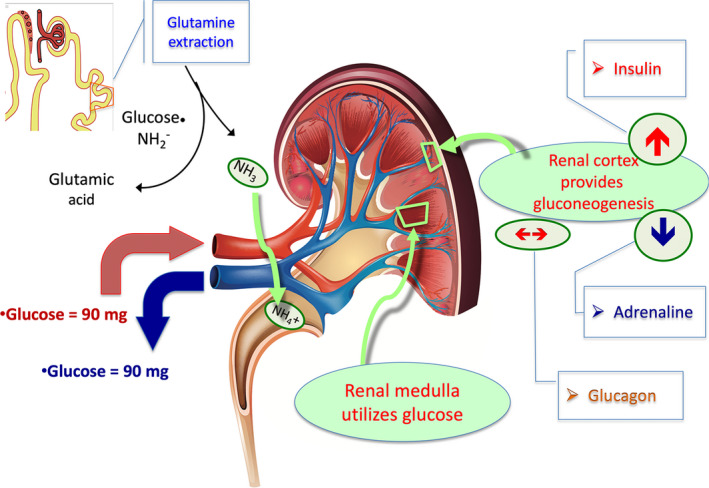Figure 1. The kidney's role in glucose metabolism.

The kidney together with the liver is 1 of 2 body organs provided with gluconeogenesis capability and roughly contributes to 20% glycogen production in normal physiology. In the kidney, gluconeogenesis takes place in the cortical cells while the medullary cells metabolize glucose. It is relevant to observe that insulin inhibits while adrenaline stimulates glucose production in the kidney. Glucagon does not affect renal glucose production. Renal glucose metabolism supports glutamine extraction from tubular cells for the production of glutamic acid and ammonia (NH3). It is an energy‐based metabolic passage that plays a pivotal role in urine acid excretion (NH4 +). Ultimately, the kidney glucose metabolism generates a neutral balance between glucose amount entering with arterial blood and exiting with venous blood. NH2 indicates aminyl radical.
